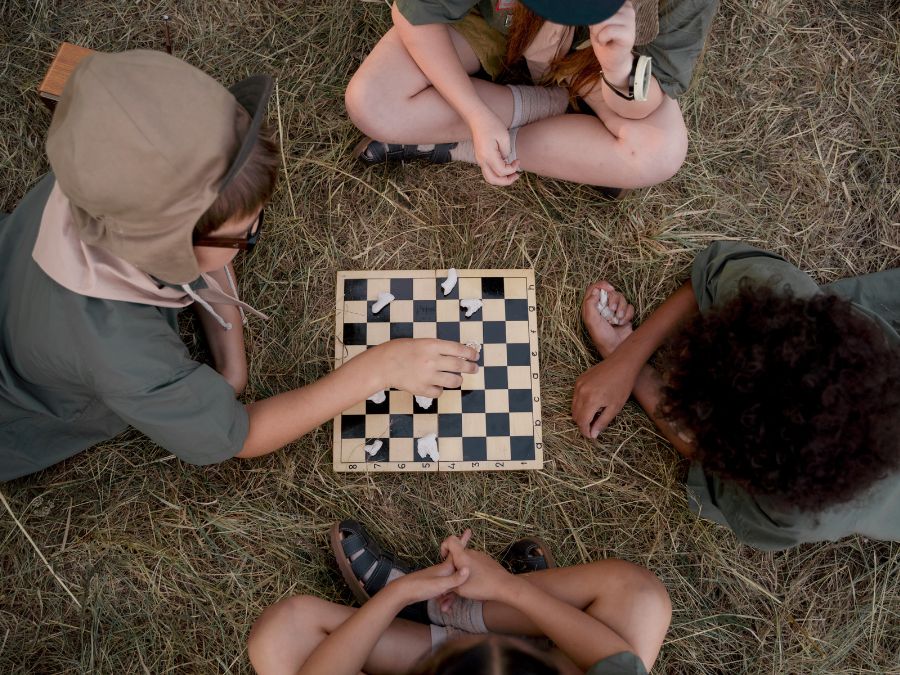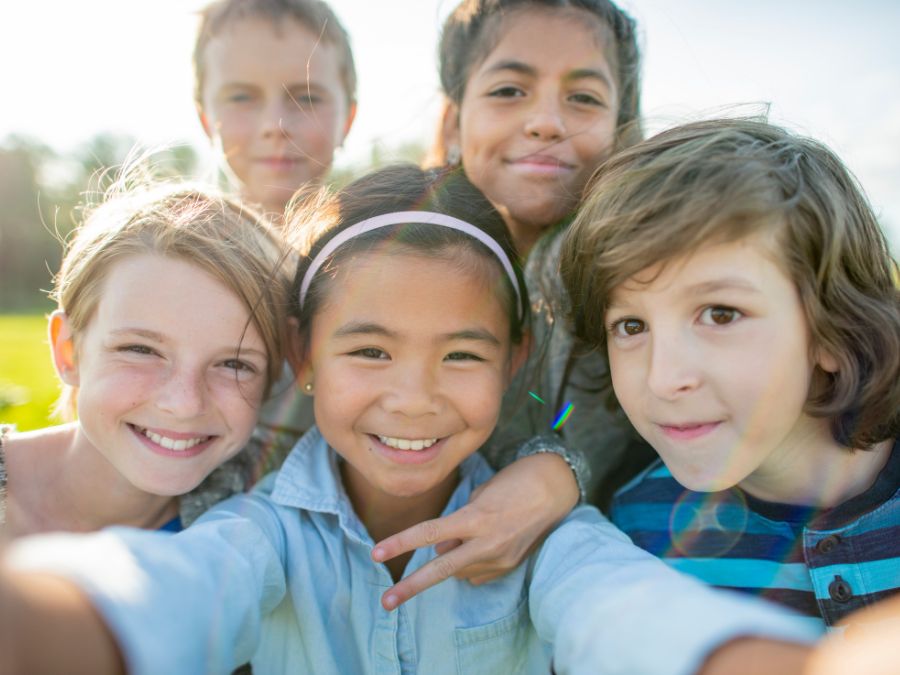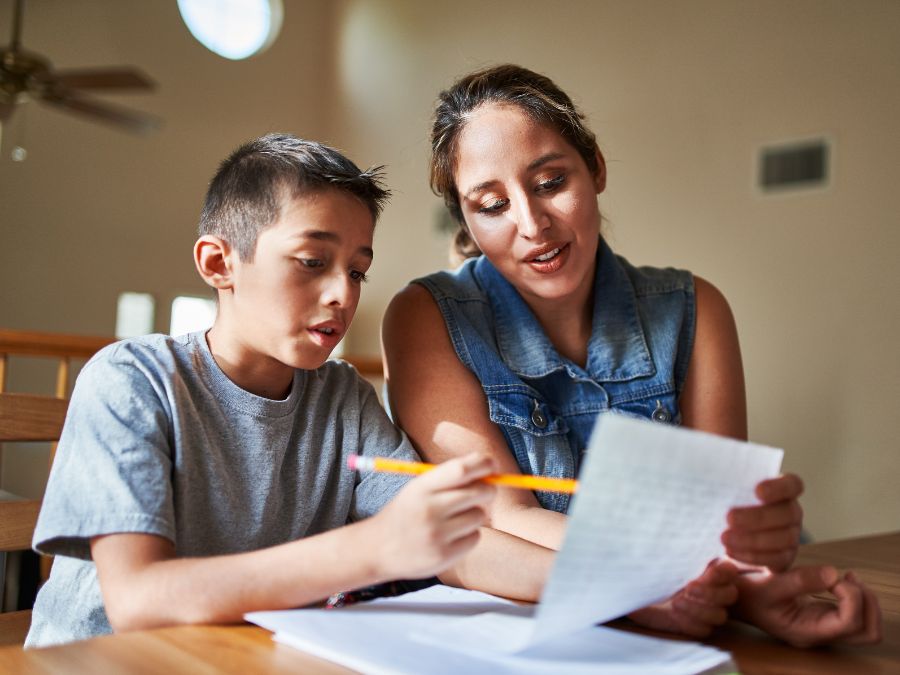
Board games are fun ways to practice positive childhood experiences
Positive childhood experiences (PCEs) help children build resilience and grow up into healthy adults. The HOPE framework groups together four key types of PCEs we call the Four Building Blocks of HOPE: relationship, environment, engagement, and emotional growth.
The Four Building Blocks are purposefully general. It is up to each family and community to define what each Building Block means to them and which Building Block(s) they want to prioritize more in their lives. The Building Blocks are also accessible and easy to practice.
A fun way to promote PCEs is through playing board games. Whether it is at school with peers or at home during a family game night, board games can help children build camaraderie around shared interests, overcome challenges in shared goals, and create opportunities to think outside the box. And, this can all be done in safe, physical spaces with supportive peers and family.
We highlight a few types of games perfect for promoting PCEs.
Different types of games promote different PCEs
Luck-based games
Games that rely on luck to win can bring up a lot of emotion. A win or a loss can feel out of our control. The drama rises when someone soars to first place or falls to last place.
Being lucky is not a skill we can refine. After all, it is just what the cards or dice decide for us. Luck-based games do provide opportunities for the Building Block of emotional growth. We can learn that frustration is okay when luck is not on our side. We can learn to be kind when we are winning because the odds can quickly change.
Games left to chance are great to play with younger children. These games are often easy to learn and pick up. And for PCEs, they are given opportunities to understand and regulate their emotions.
Strategy-based games
Strategy-based games present many opportunities to think outside the box. They make us think. What should I do during my current turn? How can I build a plan for my future turns? How can I refine my plan as other players take their turn?
These games teach us to be flexible and to problem-solve. When we can build our unique strategy to try to win, we engage with the Building Blocks of engagement and emotional growth. We learn to be creative and adaptable thinkers, especially after the next player ruins our perfect plan.
Collaborative-based games
Collaborative-based games are a fun way to build camaraderie. These games can teach us the value of teamwork and the impact that each player creates in reaching the shared goal.
When we work together as a team, we learn how to trust each other, brainstorm ideas and plans, and share resources. Working toward a common goal often provides opportunities for the Building Blocks of relationship and emotional growth. Players are brought closer together as they near their goal and learn to forgive or apologize when frustration arises with differing opinions.
HOPE-inspired games created by HOPE Facilitators
River of Connection Game
The River of Connection game can be played with family and friends to learn more about each other and their environment. The questions and activities focus on each of the Building Blocks of HOPE. Half of the sheet is designed to be a coloring sheet.
This game was created by HOPE Facilitators Beth Crispin and Faith Eakin from the Family Connection’s Program at Seattle Children’s Hospital. Game design and artwork created by Bryan Wilson — an illustrator, educator, and arts and culture administrator in Seattle, WA with a passion for using wonder and imagination as tools for supporting learners’ holistic growth.
Creating Moments of HOPE Building Block game
Creating Moments of HOPE Building Block game, was created by HOPE Champion Royale Lockhart from the Center on Disability and Human Development at the University of Idaho. This game provides four dice, one for each Building Block of HOPE. Each die includes 5 PCEs-themed challenges.
This dice game helps make PCEs more intentional and fun. For parents, educators, and anyone who interacts with children, this game is for you!


